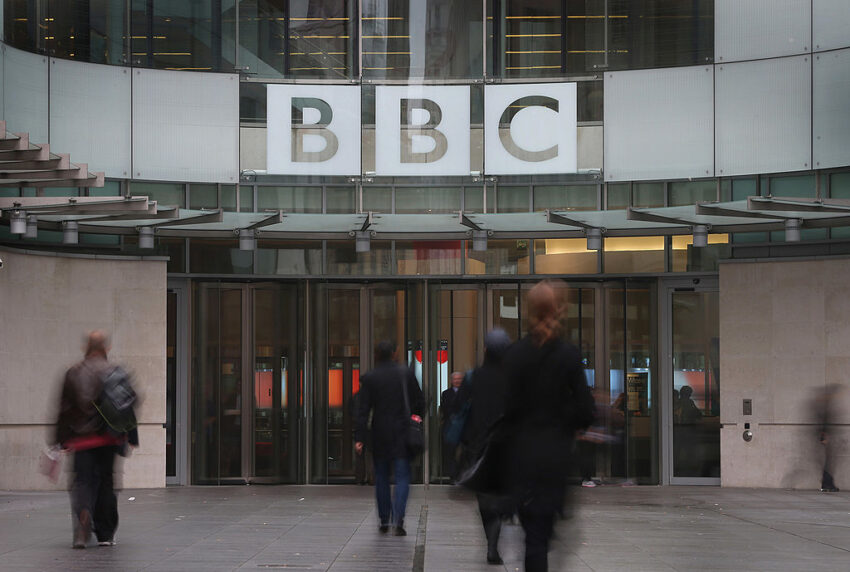THE BBC has faced backlash on social media over new impartiality guidelines sent to BBC Staff.
The new guidance warns staff against attending “controversial” events such as marches and protests. They are also cautioned against “virtue signalling.”
Beforehand, the BBC published its guidance on individual use of social media.
Following the document’s release, journalists expressed reports and testimonies from staff meetings where the attending of BLM protests and Pride marches were discouraged as “virtue signalling.”
The Voice can also confirm that at previous meetings during the height of the Black Lives Matter movement, some news and current affairs staff were told that they could not attend protests, nor could they use the BLM hashtag on social media.
Key points from the new guidance include:
- Always behave professionally, treating others with respect and courtesy at all times: follow the BBC’s Values.
2. Don’t bring the BBC into disrepute.
3. If your work requires you to maintain your impartiality, don’t express a personal opinion on matters of public policy, politics, or ‘controversial subjects’
4. Don’t criticise your colleagues in public. Respect the privacy of the workplace and the confidentiality of internal announcements.
It is important to note that Ofcom’s Broadcasting Code defines political or industry controversy as issues on which politicians, industry and the media are in debate.
Being Black and not wanting to be killed by police is political?
In response to the news, journalist Micha Frazer said “My issue is: how does the BBC decide what is and isn’t political? Being proud of being gay is not political. Being proud of being trans is political. Being Black and not wanting to be killed by police is political ??”
The Voice sent a request to the BBC for comment. A spokesperson shared with The Voice an email sent to staff by director-general Tim Davie.
It read: “Attending Pride parades is possible within the guidelines, but due care needs to be given to the guidance and staff need to ensure that they are not seen to be taking a stand on politicised or contested issues.”
Clear as mud
When The Voice asked to clarify whether the Black Lives Matter movement or trans rights were seen as political or controversial via email, a spokesperson could not clarify directly and asked to speak over the phone.
Author, Christopher Wylie tweeted: “According to the BBC, gay, trans and Black lives are still up for debate.
“The BBC policy supports erasure of voices in order to placate white, straight Tories in England who apparently still find the existence of queer and Black people controversial.”
This isn’t the first time the BBC has come under fire on issues of diversity and inclusion.
A white journalist used the n-word during a news segment. The BBC’s response to the incident led DJ Sideman to resign in protest.
There is currently a petition calling for the privatisation of the BBC.


Comments Form